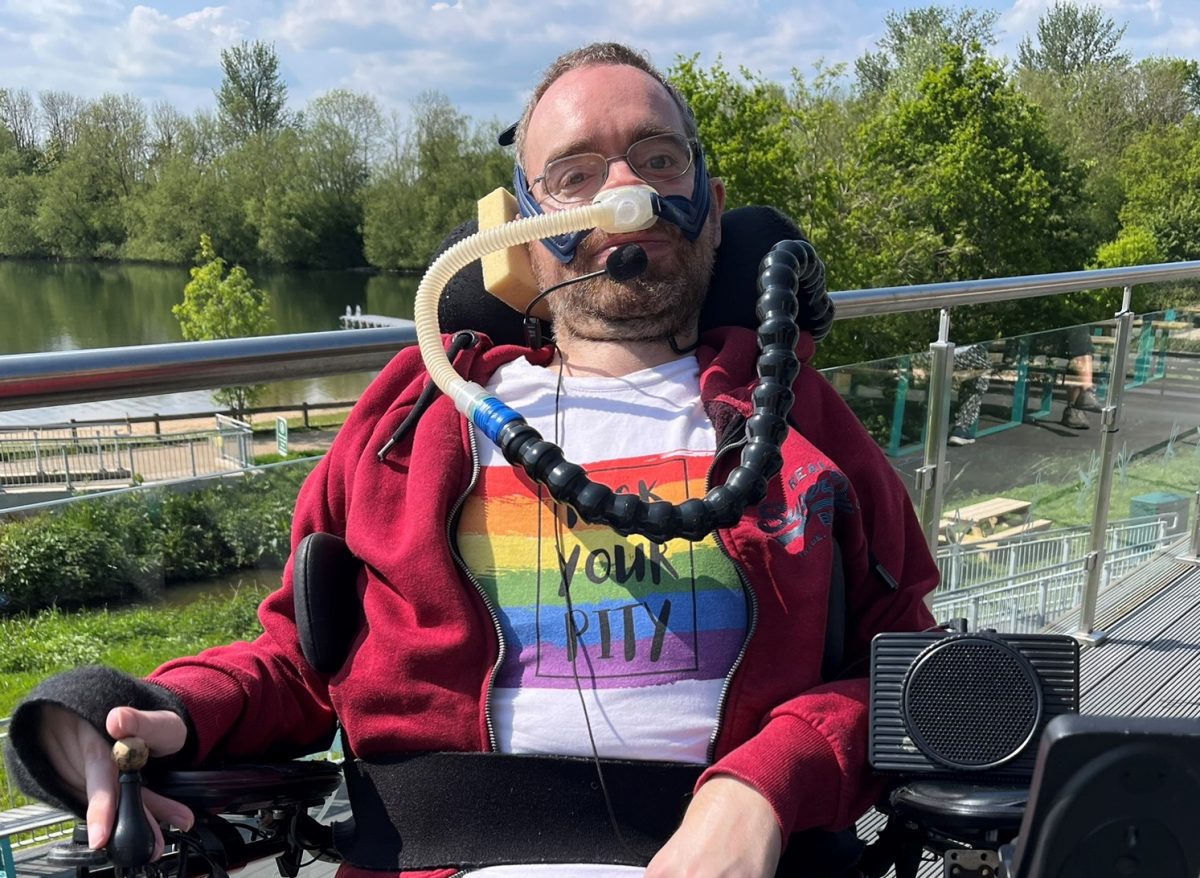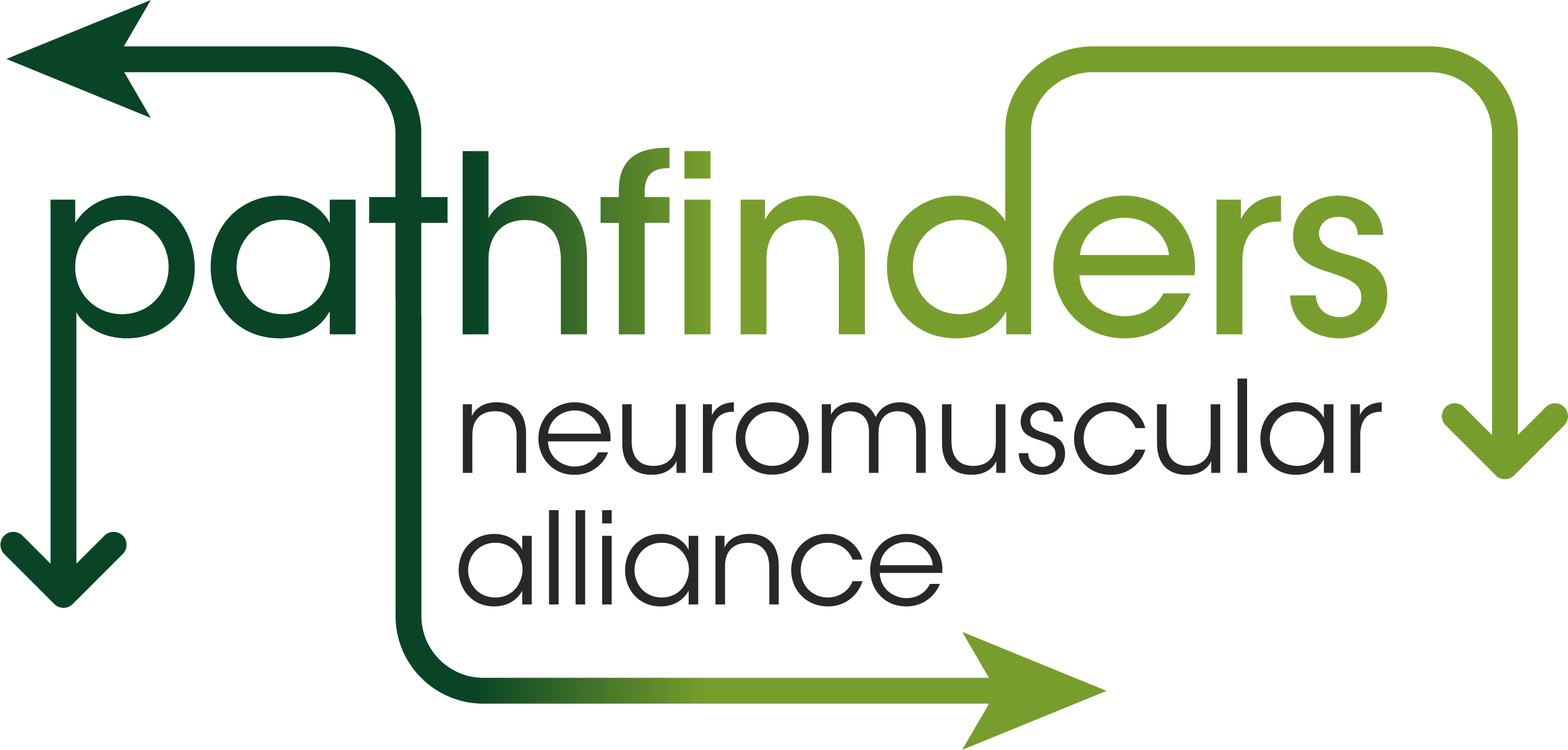Pathfinders Neuromuscular Alliance strongly urges MPs to vote against the Second Reading of the *Terminally Ill Adults (End of Life) Bill* and oppose this bill outright.
We represent a community living with muscle-weakening conditions with a wide range of needs, including people living on mechanical ventilation 24/7. Our opposition is rooted in our right to live and to be provided with the support necessary to live a good quality of life.
We appreciate that on both sides of the argument are lived experience of pain, suffering and distress. In terminal stages of life, we believe end-of-life care should be adequately funded and provided to all, in line with existing legislation that allows people at the end of their lives to refuse treatment and receive pain relief.
A Flawed System Cannot Safeguard Life
In a context where:
– Health and social care systems fail to meet the basic needs of Disabled people,
– Social attitudes often frame disability and illness as a form of suffering,
– Many feel pressured to avoid being perceived as a burden,
any legal framework that presents death as a “choice” cannot be considered safe or equitable. Even with safeguards, the risks to Disabled people are profound and systemic.
Why you should oppose this bill
1. Safeguarding and Risks of Abuse
No jurisdiction has implemented assisted suicide without cases of abuse, coercion, or eligibility creep. Evidence from Canada and the Netherlands highlights alarming examples of Disabled people being offered death due to unmet needs rather than terminal illness. Here in the UK:
– Vulnerability to Coercion: Disabled people are three times more likely to experience abuse. Legalizing assisted suicide would compound this risk.
– Pressure to “Not Be a Burden”: underfunded health and social care and financial poverty for disabled people and carers mean that disabled people often feel like “a burden” and this may pressure them into accepting assisted suicide. Data from Oregon shows that over half of those seeking assisted suicide cite being a burden as a key factor.
– Uncertain Prognoses: Doctors cannot accurately predict life expectancy, leaving the door open for misuse and misinterpretation of eligibility. Many of our members have exceeded the life expectancy they were given at diagnosis
2. Need for Comprehensive Scrutiny
This Private Member’s Bill (PMB) represents a significant societal shift, making death an acceptable treatment option for the first time. This major change is being pushed through without adequate legislative scrutiny.
– The Health and Social Care Select Committee Inquiry (2023) was not intended to inform legislative drafting and highlighted unresolved complexities.
– Voices of Disabled people living with terminal conditions but opposing assisted suicide must be central to the debate.
– MPs must recognize that societal assumptions about quality of life often diminish the value of Disabled lives.
3. Fix the Foundations First
Palliative care and support systems in the UK are in crisis:
– Over 100,000 people annually lack access to palliative care, while hospices face significant funding cuts.
– Social care is underfunded and understaffed, leaving many Disabled people without basic support to live independently or with dignity.
– Assisted suicide should not become a substitute for the state fulfilling its responsibilities. In Canada, reports confirm that individuals have sought MAiD due to poverty or lack of housing rather than terminal illness—a scenario that could replicate here.
Real Choice Requires Real Support
The call for assisted suicide emerges not from a vacuum of personal autonomy but from a system where Disabled people are denied essential services. A genuine right to choose life or death can only exist in a society where:
1. Palliative care is universally accessible and adequately funded.
2. Health, social care, and mental health services meet the needs of all, reducing suffering without resorting to death.
3. Disabled people’s lives are valued as equally worthy of support, creativity, and contribution.

DrJon Hastie, CEO of Pathfinders says:
As an individual with Duchenne muscular dystrophy, on ventilation 24 hours a day and only able to move a few fingers, I know that many people look at me and think they might choose death in my place. Yet with the support I receive, that I have had to fight tooth and nail for, I have an excellent quality of life. Many professionals have tried to deny me adequate support and I am terrified that providing death as an option removes the social expectation that our health and social care services should support people with such complex needs.
It’s time to act!
Please consider writing to your MP asking them to oppose this dangerous change to legislation. We implore Parliamentarians to vote against this Bill. Legalizing assisted suicide in the current context will not empower choice but will create a dangerous pathway for systemic neglect and abuse. We must prioritize fixing the foundations of care, ensuring that every individual—Disabled or otherwise—has the support to live with dignity.
For more information please contact Pathfinders Neuromuscular Alliance at info@pathfindersalliance.org.uk
Further resources: [Not Dead Yet UK](https://notdeadyetuk.co.uk/)


